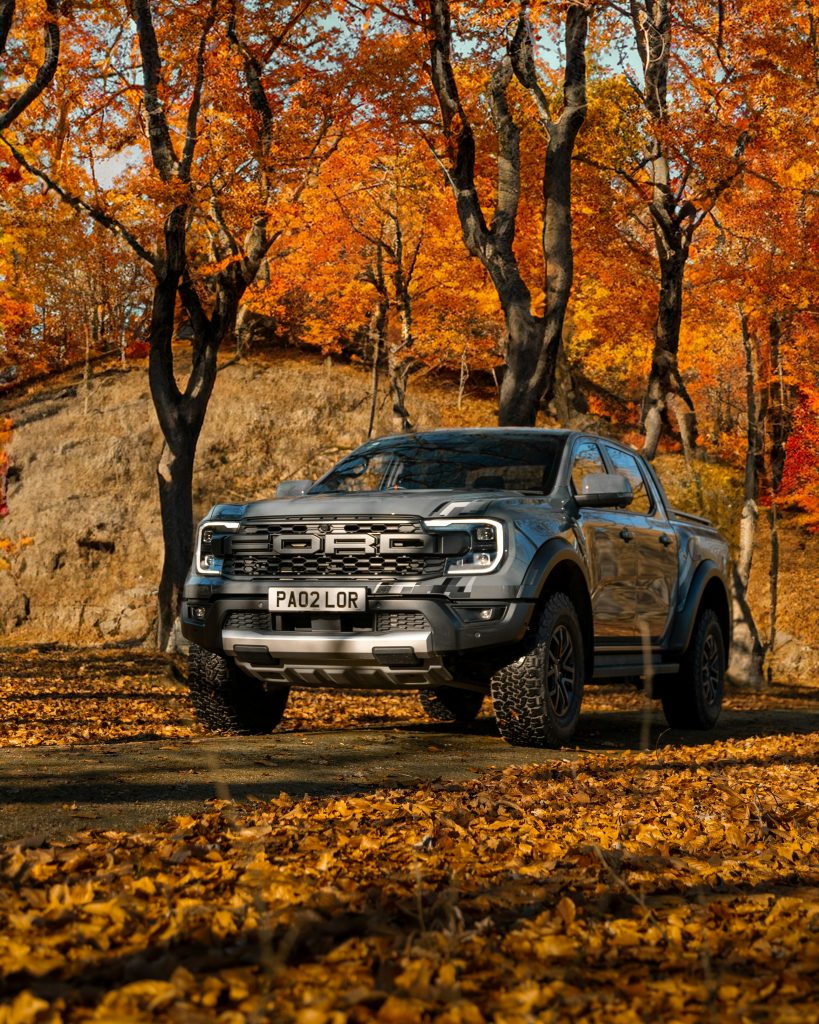
Buried in the Autumn Budget is a significant tax change for double cab pickups, which will soon be classed as cars for tax purposes
This marks yet another dramatic U-turn following a tumultuous year of policy shifts, leaving businesses and drivers grappling with the implications.
What’s Changing?
Starting 1 April 2025 for corporation tax and 6 April 2025 for income tax, double-cab pickups with a payload of one tonne or more will be taxed as cars. This change affects:
- Capital Allowances: These vehicles will no longer qualify for the more favorable van allowances.
- Benefit-in-Kind (BIK) Tax: Drivers will face significantly higher BIK tax liabilities.
- Deductions from Business Profits: The taxation treatment will align with that of cars, impacting business deductions.
Vehicles purchased before April 2025 will retain the current tax treatment, with transitional BIK arrangements extending until 5 April 2029 or until disposal/lease expiry, whichever comes first.
Why the Shift?
The debate around how to classify double-cab pickups has rumbled on for years, reignited by the Court of Appeal’s decision in Payne & Ors (Coca-Cola) vs R&C Commrs (2020). HMRC has revisited the definition to address ambiguities, aiming to close loopholes that allowed these vehicles to benefit from van taxation rules.
The latest policy reversal underscores the complexity of this issue:
- In February 2024, HMRC announced double-cab pickups would be taxed as cars.
- A week later, this decision was reversed, reverting them to vans.
- Now, the current government has reinstated the car classification, effective 2025.
What is a Double-Cab Pickup?
HMRC defines a double-cab pickup as:
- Having a front passenger cab with a second row of seats, seating up to four passengers plus the driver.
- Featuring four independently-opening doors (rear-hinged or front-hinged).
- Possessing an uncovered pickup area behind the passenger cab.
While vans typically have two doors, these multi-purpose vehicles are often marketed as business-friendly alternatives but can also serve as personal vehicles, complicating their tax classification.
Impact on Drivers
The reclassification dramatically increases the BIK tax burden for employees. For instance:
- Currently, all pickups are subject to a fixed BIK of £3,960 per year, resulting in employee tax of £1,584 for 40% taxpayers.
- From 2025, vehicles like a Ford Ranger (list price ~£48,000, CO₂ emissions >170g/km) could fall into the 37% BIK bracket, generating:
- £17,760 BIK annually.
- Employee tax of £7,110 (40% taxpayer) or £3,550 (20% taxpayer).
This sharp increase underscores the need for businesses and employees to reassess their vehicle fleets.
Transitional Arrangements
Businesses and drivers can still benefit from the current tax treatment if:
- The vehicle is purchased, leased, or ordered before 6 April 2025.
- The previous treatment applies until disposal, lease expiry, or 5 April 2029, whichever comes first.
However, employers and fleet operators should prepare for higher tax liabilities and compliance requirements moving forward.
What Should Businesses Do?
-
Review Fleet Composition
Assess whether double-cab pickups remain a cost-effective option post-2025. -
Evaluate Tax Implications
Model the impact of the new rules on employee and employer costs. -
Consider Alternatives
Explore vehicles that align better with your tax strategy, such as low-emission vans or cars. -
Communicate with Employees
Inform affected employees about the changes and help them plan for increased costs.

